Information from the National Institute of Hygiene and Epidemiology said that the Institute has completed ordering 10/10 types of vaccines used in the Expanded Immunization Program from domestic manufacturers to quickly allocate and deliver to localities in early January 2024.
After a period of interruption in the supply of some vaccines in the Expanded Immunization Program in 2023, under the close direction of the Government, Government leaders, and the Minister of Health, as soon as the Ministry of Finance and the Ministry of Health approved the prices of 10 domestically produced vaccines, the National Institute of Hygiene and Epidemiology signed a contract to order 10 vaccines.
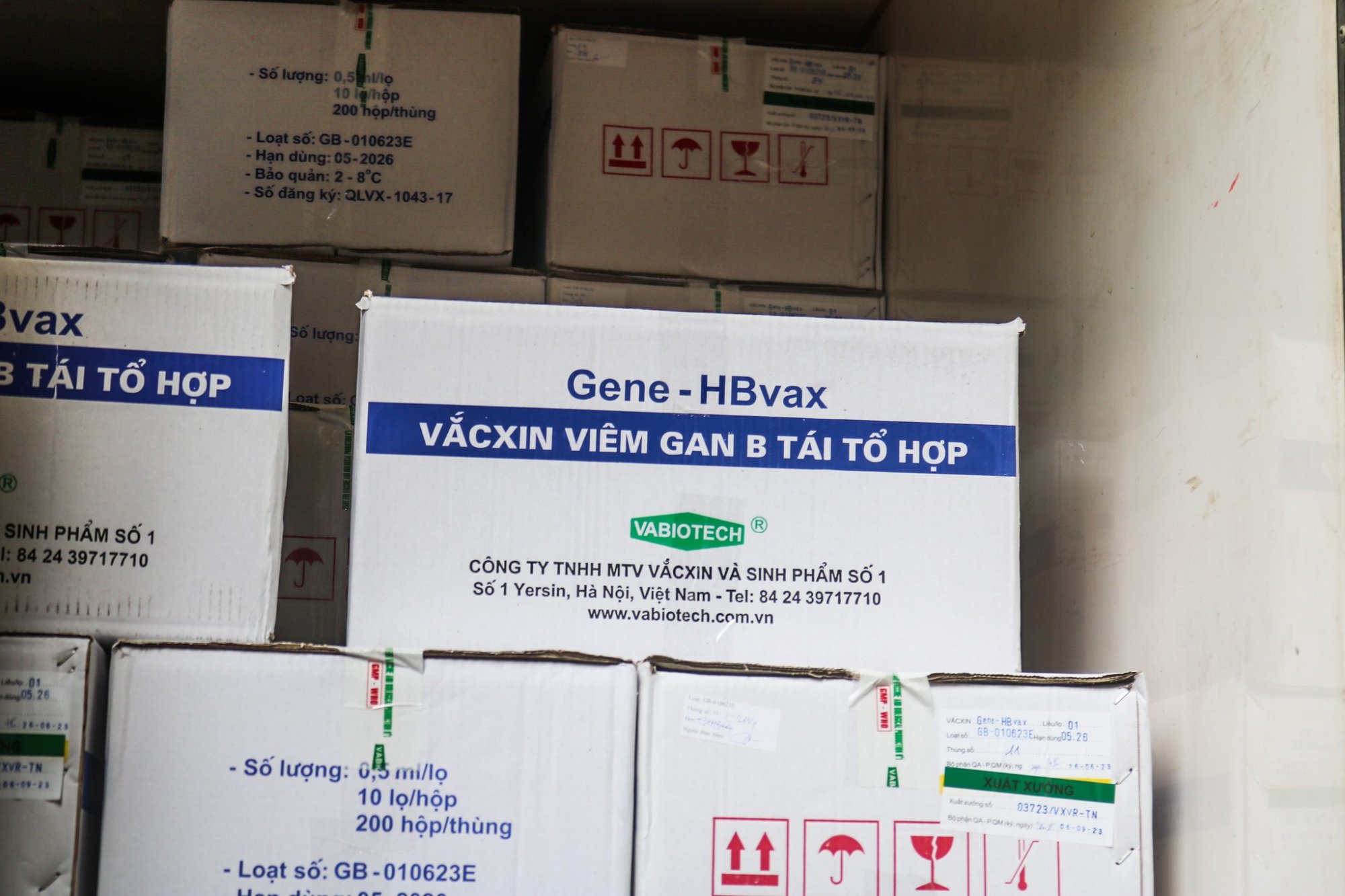
The Ministry of Health has ordered 10 vaccines to serve the expanded immunization program for children (photo TL).
Specifically, 1,550,000 doses of tuberculosis vaccine (BCG), 1,000,000 doses of hepatitis B vaccine, 4,980,000 doses of oral polio vaccine (OPV), 1,900,000 doses of measles vaccine, 1,700,000 doses of measles-rubella vaccine, 1,400,000 doses of Japanese encephalitis vaccine, 1,531,000 doses of diphtheria-pertussis-tetanus (DPT) combined vaccine, 1,472,240 doses of tetanus vaccine, 1,377,000 doses of tetanus-diphtheria (Td) vaccine.
The quantity of these 9 vaccines is enough to vaccinate children who have not been vaccinated in 2023 and children who are due for vaccination in the first 6 months of 2024.
Particularly, 549,164 doses of Rota vaccine to prevent acute diarrhea, a new vaccine will be included in the Expanded Immunization Program to vaccinate children under 1 year old, expected to be deployed from the second quarter of this year.
The above vaccines will be received by the National Institute of Hygiene and Epidemiology at the National Vaccine Warehouse, quickly allocated and delivered to localities in the first days of January 2024.
Previously, the regional Institutes of Hygiene and Epidemiology/Pasteur also instructed the health sector of the provinces/cities in the region to be ready to receive, transport and supplement vaccines to vaccination sites; especially paying attention to early distribution of hepatitis B vaccine to promptly vaccinate newborns within the first 24 hours after birth.
The National Institute of Hygiene and Epidemiology said that the distribution of vaccines will be increased with more trips to ensure timely response to vaccination needs at all commune and ward health stations.
In the coming time, the Central Institute of Hygiene and Epidemiology and the Institutes of Hygiene and Epidemiology/Pasteur will actively direct the Centers for Disease Control of 63 provinces/cities to maintain regular vaccination work;
At the same time, in the first quarter of 2024, it is necessary to increase the implementation of catch-up vaccination activities for children who have not been fully vaccinated during the vaccine interruption period to improve community immunity for children and women, and proactively prevent infectious diseases in the winter - spring of 2024.
Ensuring vaccination safety must be emphasized. Commune health stations will increase the number of vaccination sessions and continue to maintain 50 children per vaccination session to fully comply with vaccination safety procedures.
Especially screening, consulting, and guiding parents in caring for and monitoring children after vaccination.
Source





![[Photo] Prime Minister Pham Minh Chinh chairs conference on anti-smuggling, trade fraud, and counterfeit goods](https://vphoto.vietnam.vn/thumb/1200x675/vietnam/resource/IMAGE/2025/5/14/6cd67667e99e4248b7d4f587fd21e37c)


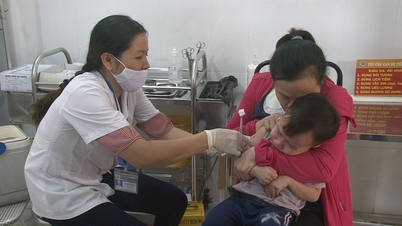

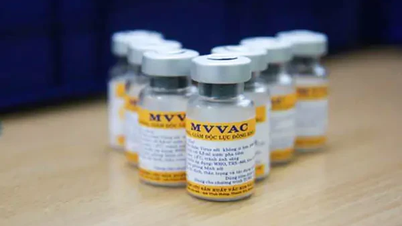













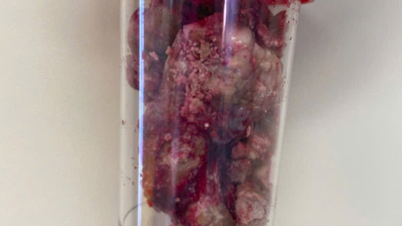




























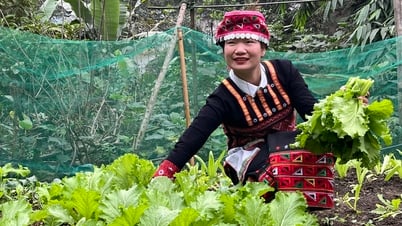


















































Comment (0)